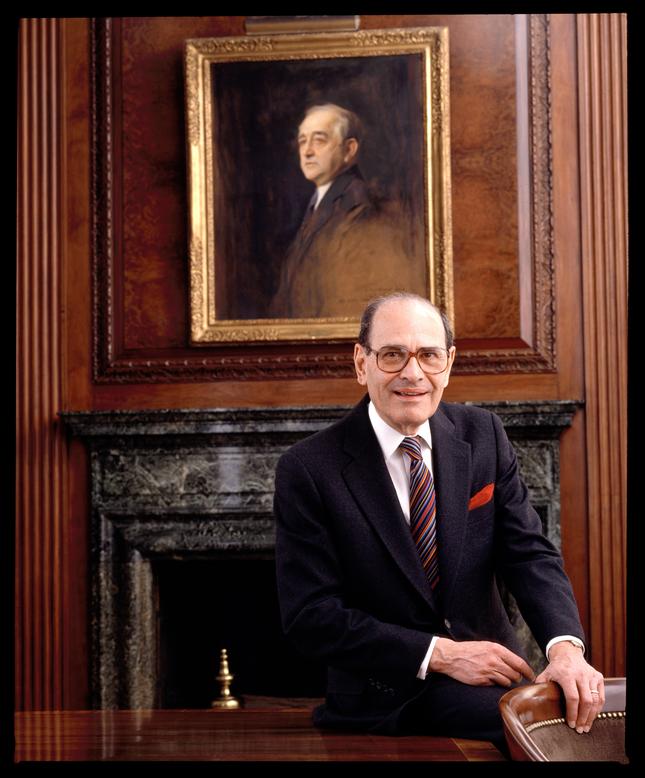‘Punch’ Sulzberger of the New York Times: His Influence and the Press
By • October 11, 2012 0 706

Today, Oct. 1, the Times Picayune of New Orleans ceases publication as a daily newspaper and will instead publish three times during the week: Wednesday, Friday and Sunday. That makes New Orleans the largest metropolitan area in the United States without a daily newspaper.
More than that, though, the news was indicative of the precarious and fast-changing world of newspapers as a thinning force in the media world, as many dailies have gone out of business altogether, and as the Internet becomes an increasing source of news for many Americans, a fact that has also altered the way news are being presented on television.
Today’s news also comes on the heels of the announcement of the death of former New York Times publisher Arthur Ochs “Punch” Sulzberger, a reminder of a time when major newspapers were a significant force in our daily lives in terms of how we viewed and received the news, in terms of the discussion and presentation and reporting of American politics.
Sulzberger was a living symbol of the prime status that the New York Times—the paper of record—held in the publishing world when its reporters ranged the world, and its investigative pull and factual authority was rivaled only by the then rising Washington Post.
Sulzberger—a member of the powerful family which had led the Times since 1896—was the publisher for 30 years, during which the Times garnered 31 Pulitzer Prizes, led the way in publishing the Pentagon Papers. The Washington Post followed suit in that court battle and then found its own source of journalistic glory in its Watergate coverage, followed closely by the New York Times and the Los Angeles Times.
During that time, it meant something to be a reporter in the world—American college graduates brushed off journalism schools all over the country, eager to follow in the footsteps of Woodward and Bernstein and legendary Times reporters like Johnny Apple or Tom Wicker. Books were written by publishers, reporters and writers that worked for national dailies, and books were written about them. “The Boys on the Boys” is as great a piece of work about election coverage of the 1960s and 1970s as you could hope to find, not to mention Gay Talese’s history of the Times, “The Kingdom and the Power.”
“Punch” became publisher at the age of 37. He not only increased circulation for the paper—when others were declining—but increased its size and its reach, making it more of a modern newspaper with a redesign that had a little something for everyone, something it still does You could make an argument that the Times cultural section, its book review, if not its sports department, were and remain second to none.
The new Times initiatives in popular culture, for instance, were not greeted with joy by some of the more hidebound members of the ruling powers at the paper, including the Sulzberger family itself, but it helped the Times become a powerful force nationally.
Sulzberger, who acquired his nickname of “Punch” by dint of his service in the United States Marines, was 86. He died after a long illness, according to news sources.
His son, Arthur Ochs Sulzberger, Jr., continues the tradition that a family member would always be at the helm of the paper. According to reports, he said that his father “was an absolutely fierce defender of the freedom of the press,” an accolade also deserved by his rival Katharine Graham at the Washington Post.

